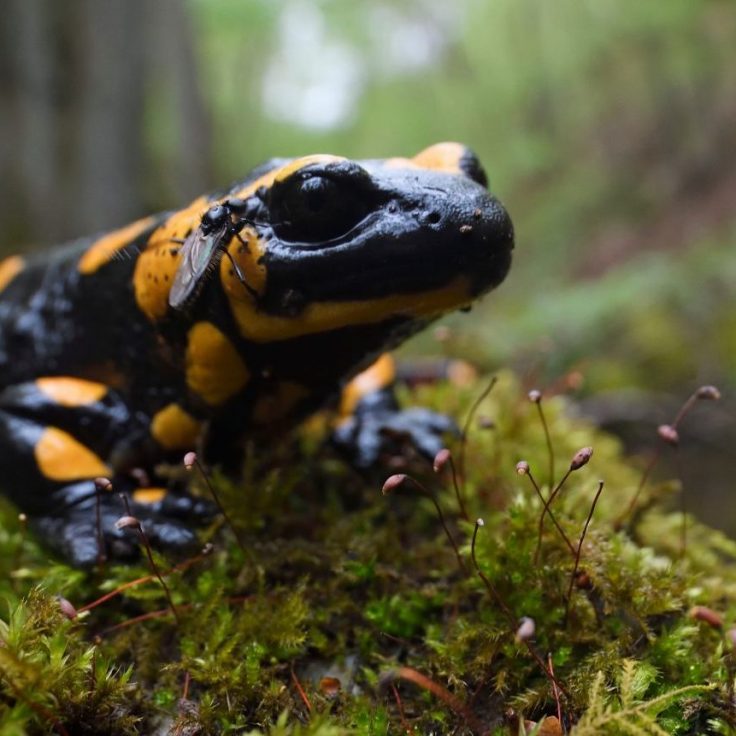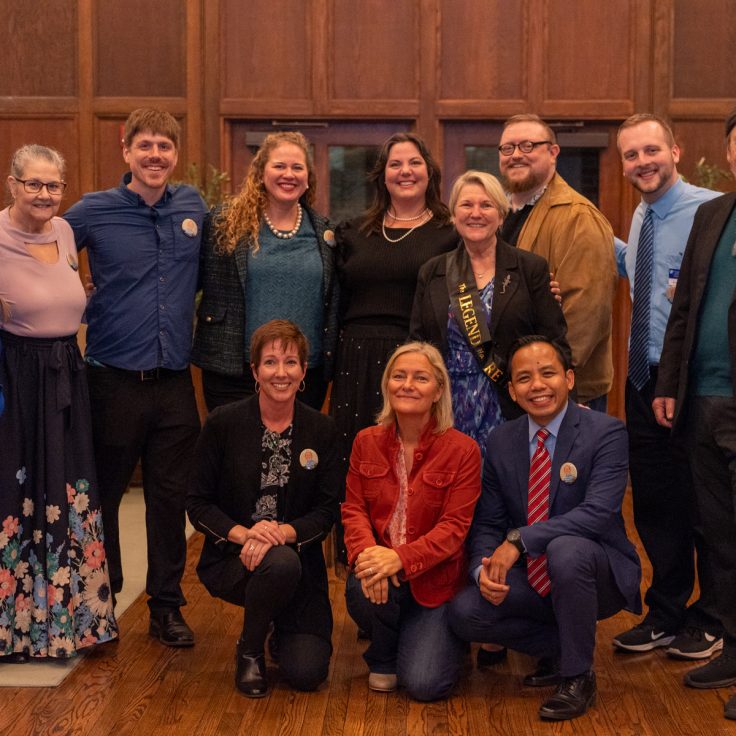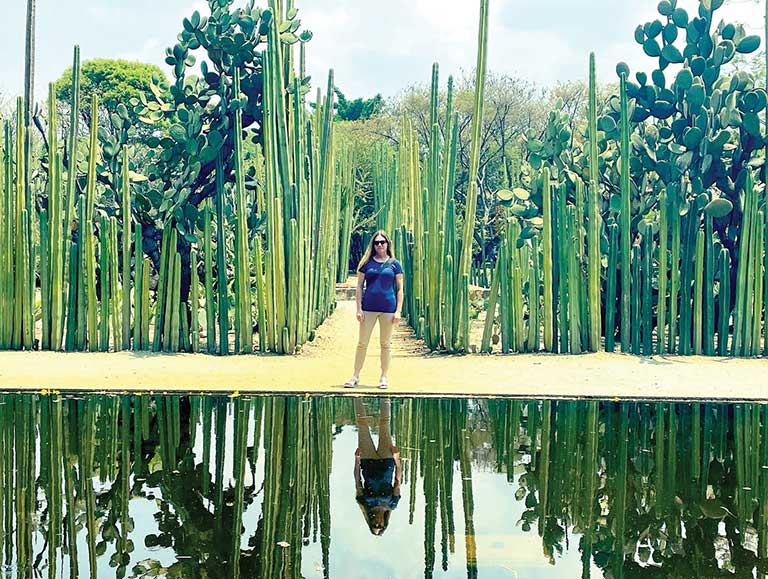
Beyond120 Global Engagement Coordinator Christine Richmond in the Oaxaca botanical gardens. All photos courtesy of Christine Richmond
Healing Across Borders
On a Beyond120 trip to Oaxaca, pre-health students broaden their perspectives on medical care
When JULIA INGRAM first heard about an opportunity to go to Oaxaca, Mexico, to further her pre-health education, she didn’t think it would be a feasible option for her.
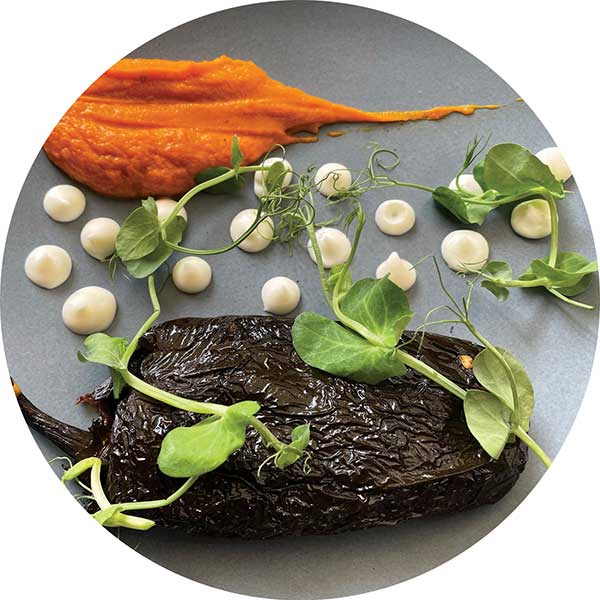
The excursion presented a chance to experience a different culture and shadow medical professionals in local clinics. It seemed like a great fit for Ingram, a preprofessional biology major at UF who hopes one day to provide health care to an increasingly diverse population in the United States. But she assumed the cost would exceed her budget. She had also never traveled outside of the United States before — it was tough to imagine going abroad for the first time, especially without friends or family.
“It just seemed like a faraway thing, like a dream,” Ingram said.
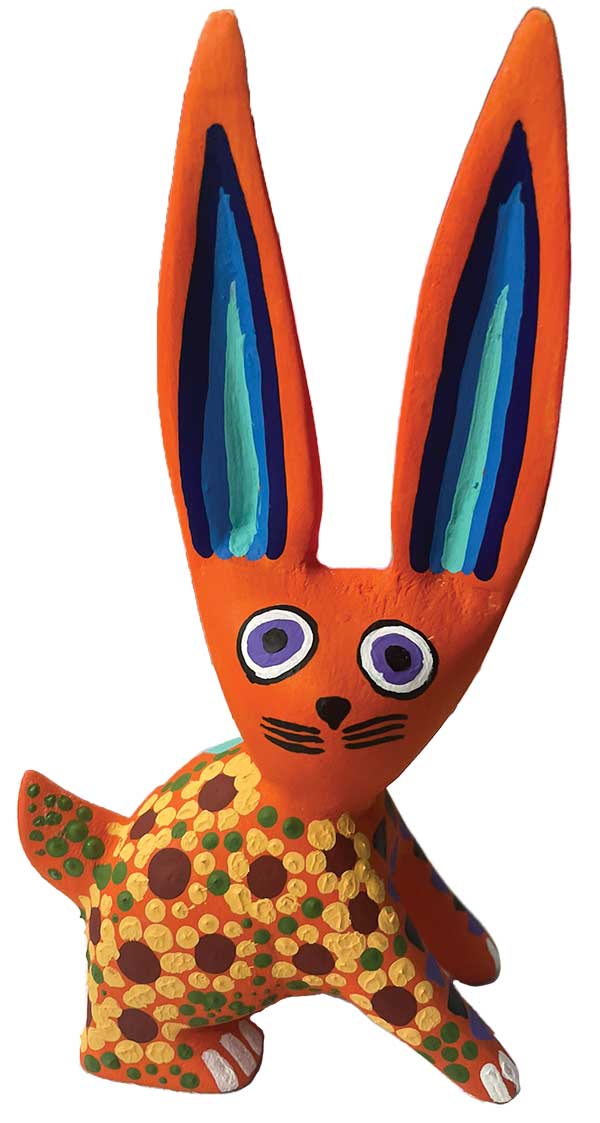
Once she learned more about the excursion, the dream didn’t seem so far off after all. Just over a week long, the trip would be far less financially burdensome than a full semester abroad. Scholarships were available to help cover expenses. And Ingram would be joined by fellow students with similar ambitions, staying with a host family who would introduce them to the local culture. Ingram signed up — today, she couldn’t be happier with her decision.
“It made me a more curious person,” Ingram said. “Now, I seek out opportunities to expand my knowledge and expose myself to different cultures.”
Making immersive study abroad experiences more accessible to students is a key component of Beyond120, the UF College of Liberal Arts and Sciences’ career readiness and experiential learning program, which hosts the Oaxaca excursion annually. These opportunities are especially important for aspiring medical professionals. To provide effective medical care to all patients in their future careers, they will need to be mindful of a wide variety of cultural practices and perspectives.
During their time in Oaxaca in May 2022, Ingram and the nine other students improved their Spanish skills, learned about culturally significant alternative medicine practices, and steeped themselves in the local lifestyle. Embedded in clinics throughout the week, they saw firsthand how health professionals provide vital care in lower-resource communities.
MOMBO NGU, a fourth-year sociology major, shadowed a gynecologist and was struck by the time and attention the doctor gave his patients, sitting with and listening to each one. It’s an approach she hopes to emulate when she becomes a physician.

“Sometimes, within American society, we want to make sure we do things fast and efficiently,” she said. “But patients are coming to us because they’re in pain, or they have something that they are concerned about. I want to make sure that they understand that they are truly cared for and I’m not rushing them out the door.”
Not yet a fluent Spanish speaker herself, Ngu found it challenging at times to follow all that was happening in the busy clinic, especially during her first few days there. But the language barrier didn’t stop her from absorbing the experience, and she found value in moving outside of her comfort zone. “Being in an environment where you’re just a little bit uncomfortable makes you grow as a person — and it can also help you connect to other people,” Ngu said. For her, it was a reminder of the need for empathy toward patients in the United States who aren’t fluent English speakers.
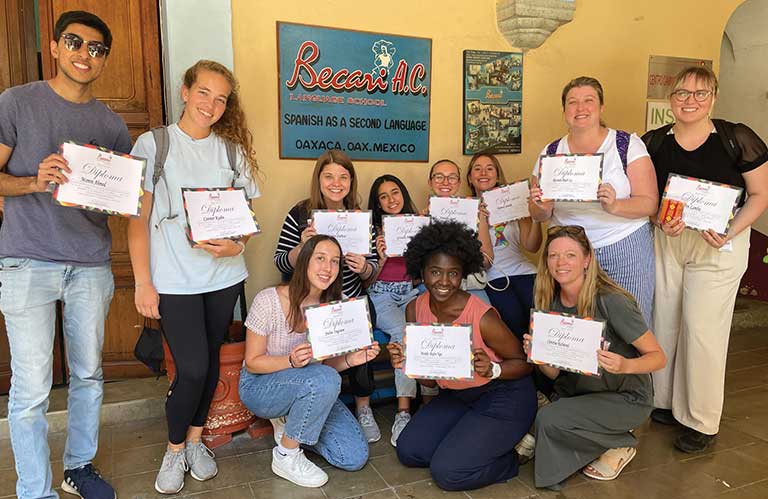
“Communication is key to the physician-patient relationship,” she said. “I will be there to treat them, but potentially only for a short period. And I will need to make sure a patient understands how to continue to take care of themselves once they exit the clinic or hospital.” Accomplishing that goes beyond language, Ngu noted — health care providers also need to consider a patient’s cultural practices or past experiences with different health care systems.
Outside of the shadowing the students further immersed themselves in Oaxacan culture by taking in the beauty of the local sights, learning about traditional artisanal crafts, and enjoying meals with their host families. As the week progressed, the group bonded over the shared joys and challenges. “Especially in the moment, it’s really encouraging to hear from people experiencing the same thing as you,” Ngu said.
For both Ngu and Ingram, the excursion was eye-opening. Ingram is now looking for chances to study abroad again. To those considering a Beyond120 excursion, Ngu’s advice was blunt: “Do it. You should definitely grab the opportunity,” she said, “because who knows when it may come again?”
Beyond120 relies on the expertise and support of the college’s alumni and friends to provide immersive educational experiences for students.
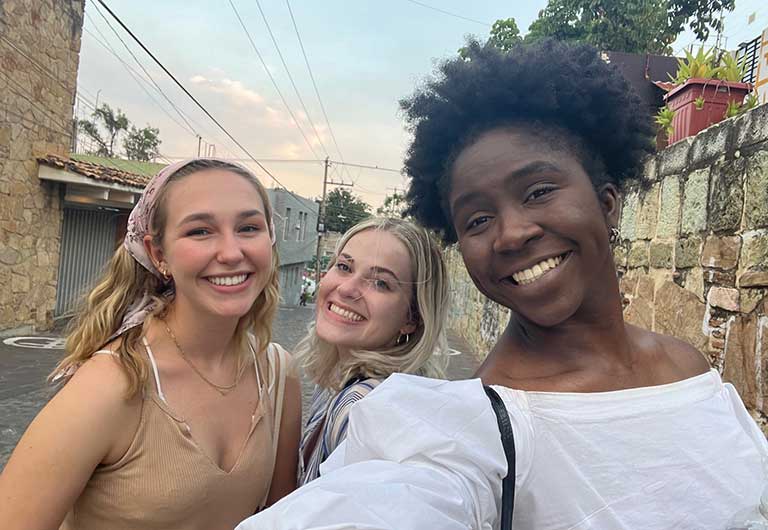
Visit clas.ufl.edu/getinvolved for more information.
This story appears in the fall 2022 issue of Ytori magazine. Read more from the issue.
